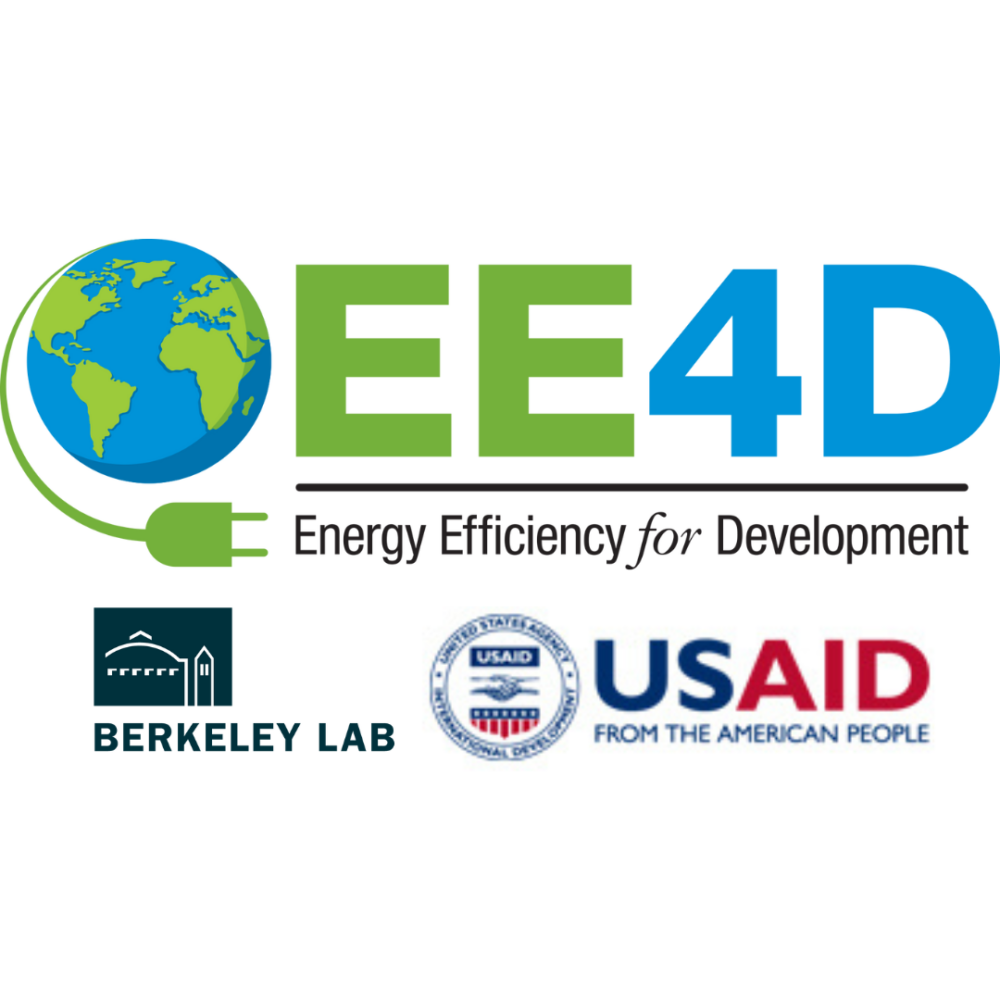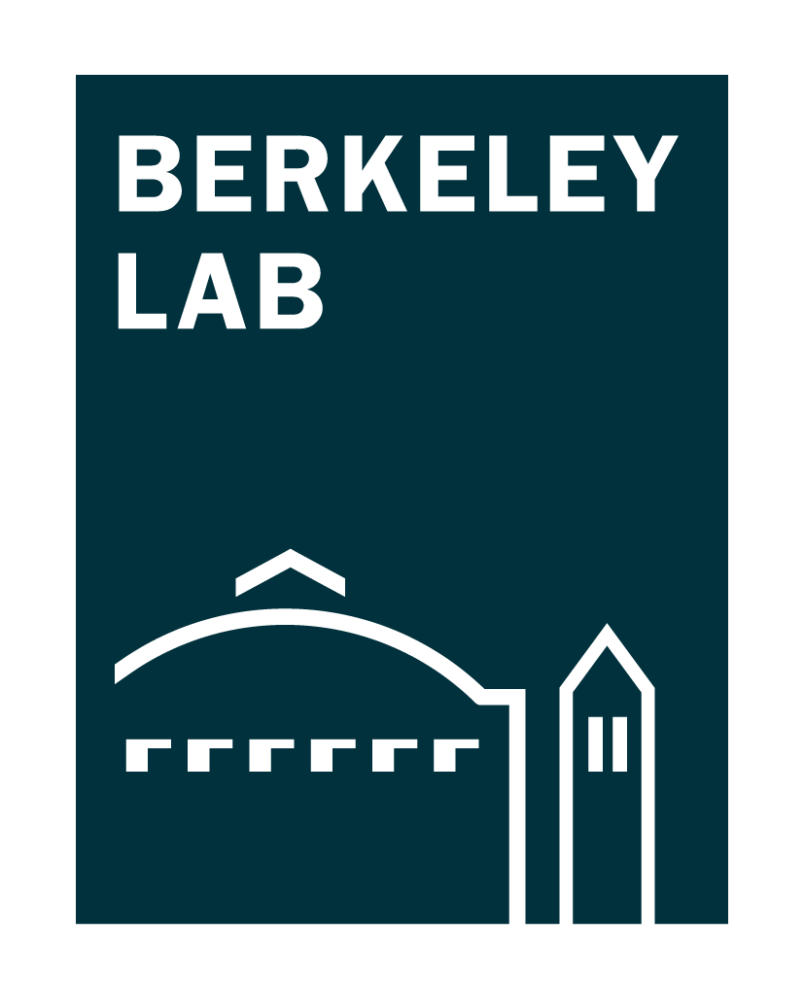About Energy Efficiency for Development (EE4D)
EE4D is a global initiative that provides technical resources and expert advice to support USAID partner countries in advancing energy efficiency strategies and achieving a more resilient and sustainable economic development. Based on a solid partnership between USAID and Lawrence Berkeley National Laboratory (Berkeley Lab), EE4D helps countries with policy, planning, and deployment support for energy efficient development and smart technologies uptake.
Who we are
EE4D is supported by the Energy and Infrastructure Office of the Bureau for Energy and Infrastructure Office of the Bureau for Development, at the U.S. Agency for International Development (USAID). The program is developed in partnership with the International Energy Analysis Department (IEAD) of the Energy Analysis and Environmental Impacts Division (EAEID) at Berkeley Lab’s Energy Technologies Area (ETA).
What we do
Optimal market uptake of energy efficiency requires expertise across multiple areas of program design, implementation and evaluation. EE4D will promote self-reliance by building capacity within partner country institutions to empower them to carry out activities without future USAID assistance.
EE4D develops data, reports and practical guides for policy and program implementation, as well as technical tools supporting decision-making. In addition, the program provides training and outreach to inform policy makers and the USAID network about the benefits of energy efficiency to raise the level of ambition regarding energy efficiency opportunities and goals.
Please contact us for more detailed information on engagement opportunities with EE4D.
Who we serve
Policy makers, government officials and energy practitioners in partner countries and the global USAID energy network.
How to use our resources
The EE4D platform provides access to valuable resources (data, toolkits, publications) related to the three technical assistance areas of the program:
- Regulatory support includes evaluation of market dynamics, regulatory costs and benefits, development of technical standards and stakeholder engagement.
- Market priming and financing kickstarts markets for high-efficiency technologies by creating economies of scale and facilitating reduction of costs to end consumers.
- Policy planning integrates energy efficiency into national power development and integrated resource plans, enabling targets and strategies for low emissions development strategies (LEDS), and implementation of Nationally Determined Contributions.
Our website also shares information on EE4D ongoing activities developed in collaboration with partner countries.


